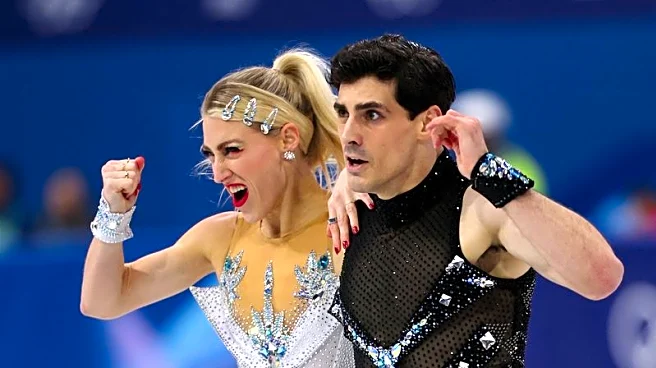Rapid Read • 7 min read
Optical illusions are celebrated as a fundamental aspect of human perception, according to neuroscientist Susana Martinez-Conde. The 2024 Best Illusion of the Year Contest showcased illusions that challenge our understanding of reality, such as a grayscale ballerina appearing to spin. Martinez-Conde, who co-created the contest, emphasizes that illusions are not errors but intrinsic to how humans perceive the world. These perceptual experiences offer insights into the brain's construction of reality, allowing scientists to study neural activity related to consciousness. The contest, run by the Neural Correlate Society, invites illusion creators worldwide to submit their work, highlighting the intersection of art and science.
AD
Studying optical illusions provides valuable insights into the workings of the human brain, particularly in understanding perception and consciousness. These illusions reveal how the brain interprets sensory information, which can differ significantly from physical reality. This research is crucial for fields like neuroscience and psychology, as it helps unravel the complexities of human cognition and perception. By exploring how illusions are created and perceived, scientists can better understand the neural mechanisms underlying consciousness, potentially leading to advancements in mental health treatments and cognitive therapies.
The Best Illusion of the Year Contest will continue to accept submissions, encouraging global participation from artists and scientists. This ongoing exploration of illusions will likely lead to new discoveries about brain function and perception. As the contest evolves, it may inspire further interdisciplinary collaboration between neuroscientists, artists, and technologists, fostering innovation in understanding human cognition. The insights gained from these studies could influence educational approaches and therapeutic practices, enhancing how society addresses cognitive and perceptual challenges.
AD
More Stories You Might Enjoy












